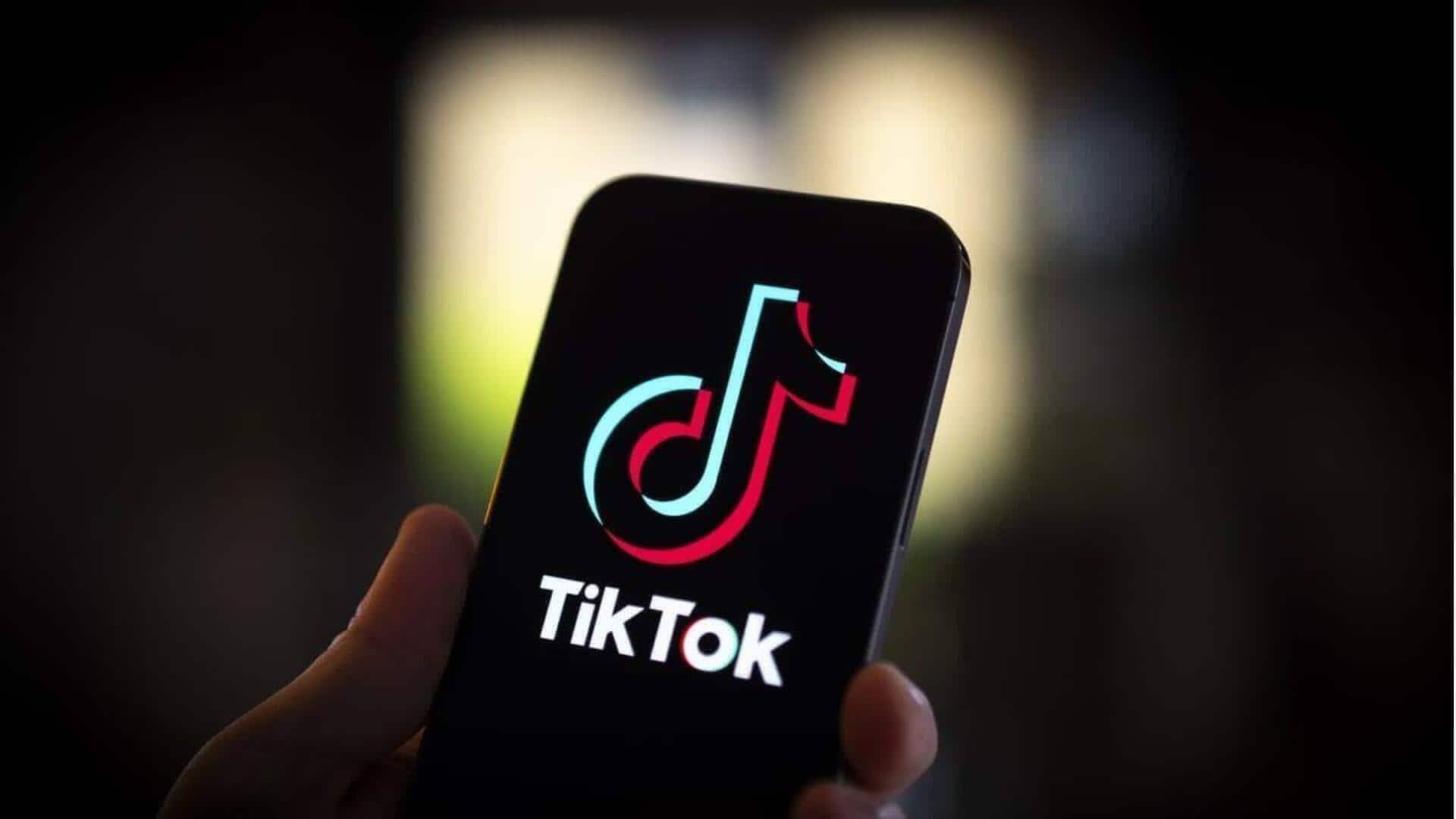
Is China selling TikTok to Musk? What the company said
What's the story
TikTok has dismissed rumors that Chinese officials are mulling over selling a stake in its US operations to tech mogul Elon Musk. The company's representative told Variety, "We can't be expected to comment on pure fiction." The statement comes in response to a Bloomberg report that Chinese authorities were exploring the possibility of Musk acquiring TikTok's US operations, should the company fail to prevent a controversial ban on its app.
Legal battle
ByteDance fights against impending ban
ByteDance, TikTok's parent company, is currently fighting an impending ban on its app in the US Supreme Court. However, during arguments on January 10, the justices hinted they might uphold the law. The Bloomberg report had indicated senior Chinese officials were discussing contingency plans for TikTok's future under President Donald Trump's administration, with one possible scenario involving Musk.
Speculations
Musk's potential role in TikTok's future
According to Bloomberg's sources, one of the scenarios Chinese officials discussed was Musk's X (formerly Twitter) taking over TikTok US. This could make X more appealing to advertisers considering TikTok's massive user base of over 170 million in the US. However, it is still unclear if ByteDance is aware of these discussions or if any formal talks have taken place between Musk, TikTok, and ByteDance for a possible deal.
Public opinion
Musk's stance on TikTok
Notably, Musk has publicly stated that TikTok should remain in the US. In an April post on X, he wrote, "In my opinion, TikTok should not be banned in the USA, even though such a ban may benefit the X platform." He added that doing so would go against freedom of speech and expression principles.
Corporate resistance
ByteDance's commitment to fight US legislation
ByteDance's leaders have repeatedly maintained their resolve to fight US legislation requiring the Beijing-based company to either sell or shutter its US operations over national security concerns. TikTok's legal team argued that the legislation violates free speech rights guaranteed by the Constitution's First Amendment. However, a majority of Supreme Court justices indicated that security concerns could trump free speech rights.